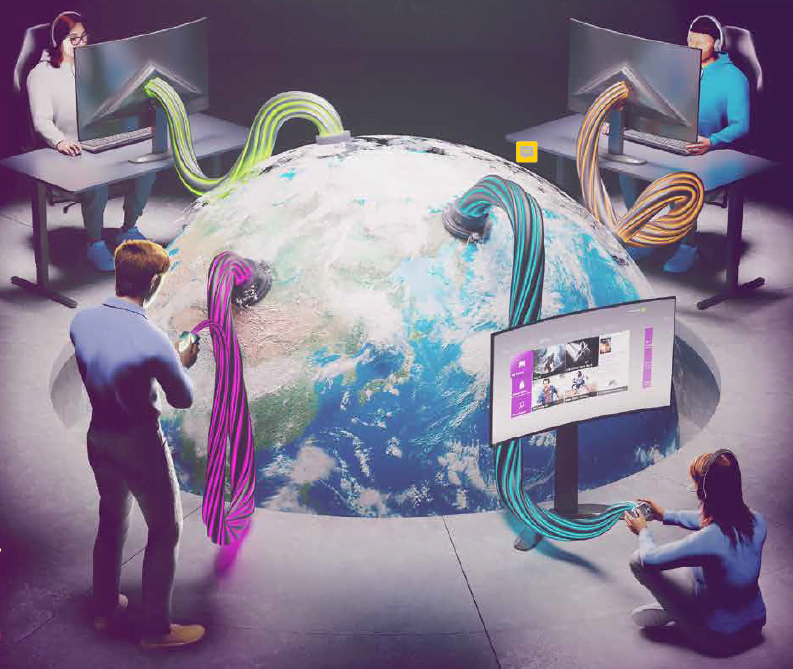Are esports a sport?
Esports are leagues, competitive circuits, tournaments, or similar competitions in which individuals or teams play video games, for entertainment, prizes, or
money, typically in front of spectators, either in-person or online. Esports are an important and growing part of the video game industry. Video games are at the centre of the esports ecosystem. Without compelling video game content, there would be no esports.
The following elements characterise esports:
- Esports are based on intellectual property (IP). Videogames are complex creative works, where the software has an interactive relationship with and/or between users of the program through the display of elements such as images, text, and sounds, all of which can be protected independently by copyright[1] and other intellectual property rights.
- Esports are made possible by a significant upfront investment by video game publishers and developers.
- Video game competitions are played using IT infrastructures and networks, including on-line competitions among players located around the world, giving competitive gaming a global dimension that contrasts with the territorial organisation typical of sport.
- Rules of video games are constantly adjusted by their developers and publishers to keep them fun and entertaining for the players. Not only are the purposes of the game determined by the developer/publisher, but the way players interact with the game (e.g., the combination of user inputs to perform a specific in-game action) may vary within the same game from version to version.
Video games exist in a different ecosystem than sports. Our members’ products are regulated under consumer and minor protection laws, consumer contract laws, IP laws, taxation and company laws, and much more, at European and national levels. Sport laws cannot, and should not, be applied to them. Applying sports laws would be detrimental to European esports stakeholders and their ability to compete in the global market. When compared to sports, esports exhibit a higher degree of unification or harmonisation, allowing for a thriving, interconnected national/European ecosystem.
[1] European Court of Justice (C-355/12): The Court of Justice of the European Union was asked for a preliminary ruling on the interpretation of Article 6 of the Copyright Directive (Directive 2000/29/EC) in proceedings before the Italian courts between Nintendo and PC Box concerning the sale by the latter of so-called ‘mod chips’ and ‘game copiers’. In the course of its ruling, the Court said that video games “constitute complex matter comprising not only a computer program but also graphic and sound elements, which, although encrypted in computer language, have a unique creative value which cannot be reduced to that encryption. In so far as the parts of a videogame, in this case, the graphic and sound elements, are part of its originality, they are protected, together with the entire work, by copyright in the context of the system established by Directive 2001/29.”
Additional resources
About Video Games Europe Esports

Video game industry establishes universal esports principles for fun & fair play



